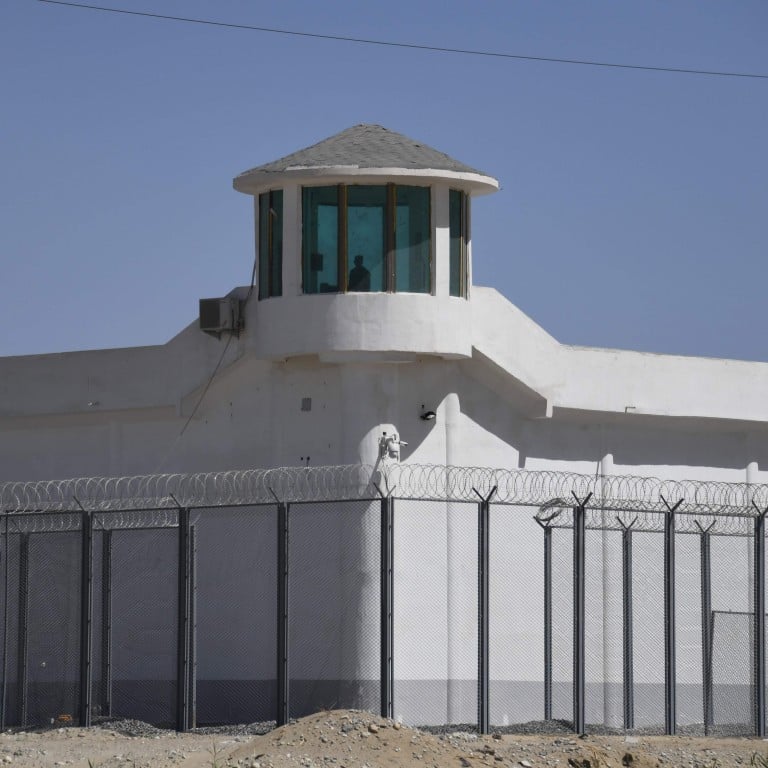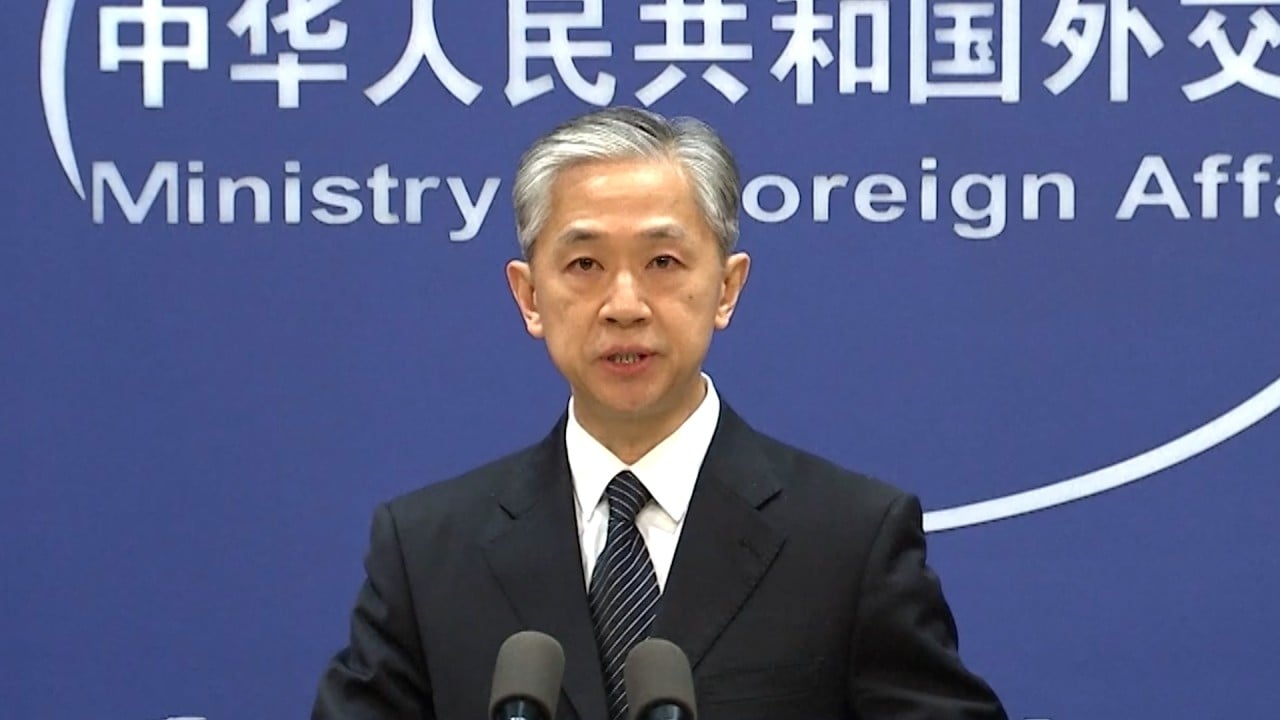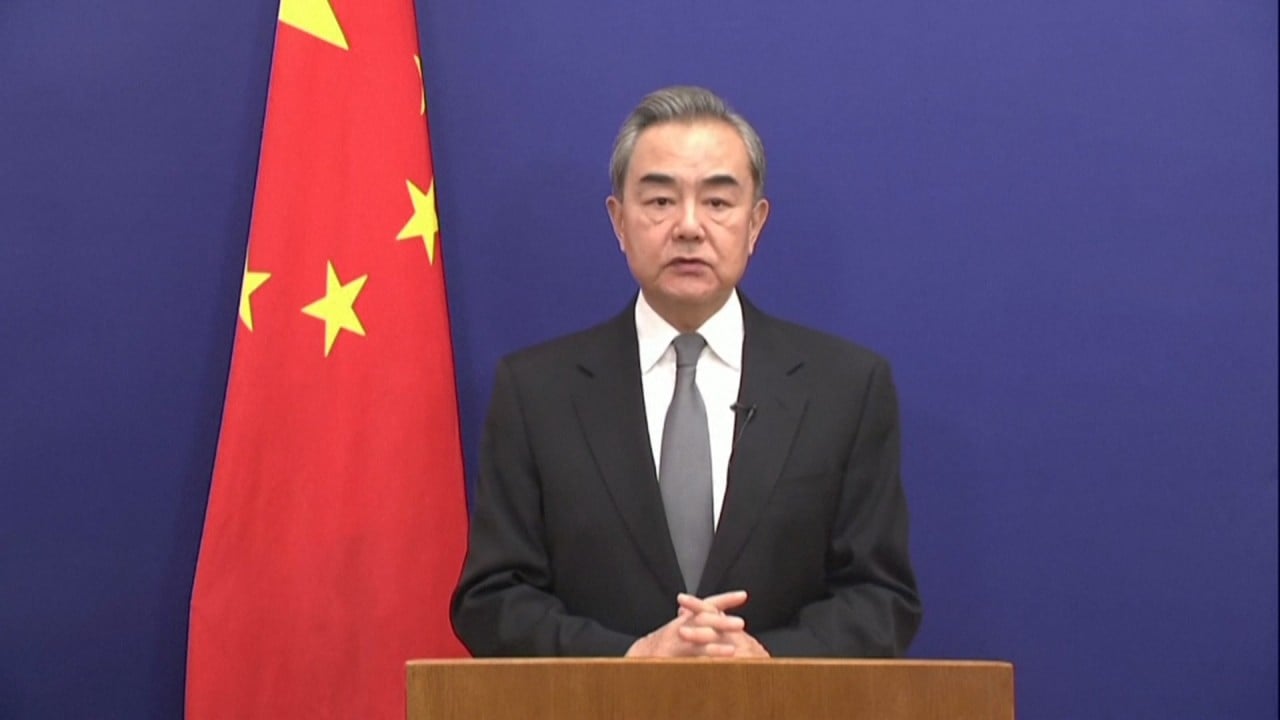
Australian parliament refuses to label China’s Xinjiang actions as genocide
- Senate votes 33-12 against motion calling on China to end the ‘persecution of Uygurs’, following moves by US, Canada and Netherlands that angered Beijing
- Rex Patrick says other senators are ‘all huff and puff’, accusing them of self-censoring on China’s human rights record and handing Beijing a ‘victory’
The motion died in the Australian Senate on Monday after the governing Liberal Party-led Coalition and main opposition Labor Party united to block a formal vote on the proposal.
Why is Isis silent on China’s Uygur Muslims, when US alleges genocide?
The left-leaning Australian Greens and several independents voted in favour of the resolution, which would have called on Beijing to end “torture and abuse in detention centres” and the “persecution of Uygurs and other religious and ethnic minorities in Xinjiang and elsewhere in China”.

01:09
China denounces Canadian lawmakers for passing motion declaring genocide in Xinjiang
“While a number of Coalition and Labor members have self-styled themselves as ‘wolverines’ on the issue of China, today they have proved to be all huff and puff and nothing more when it came to calling out what is an immense crime against humanity,” Patrick said.
As Australia mulls ban on Xinjiang-made goods, why is China being singled out?
Earlier on Monday, he joined Uygur activists for a rally outside Parliament House in Canberra to draw attention to Beijing’s policies in the autonomous region.

01:11
China’s top diplomat denies Xinjiang ‘genocide’ claims and defends Hong Kong national security law
Beijing has described reports of genocide in Xinjiang as “the lie of the century made up by extremely anti-China forces”, insisting its “vocational education and training centres” respect minorities’ religious beliefs and have slashed poverty and violent extremism.
Canberra has resisted labelling conditions in Xinjiang as genocide, while expressing concerns about reported human rights abuses and calling for UN monitors to be given unfettered access to the region.
In an television interview this month, Foreign Minister Marise Payne said Canberra had a “slightly different approach to that turn of phrase” than countries such as the US and Canada, but was “examining closely” the possibility of such a declaration.

